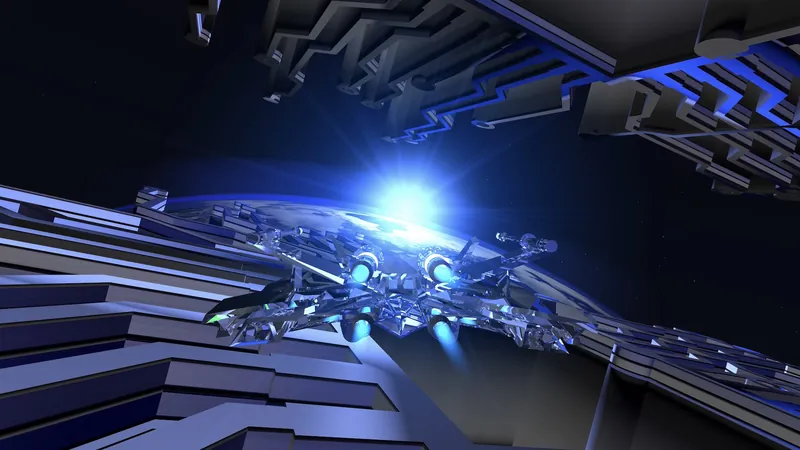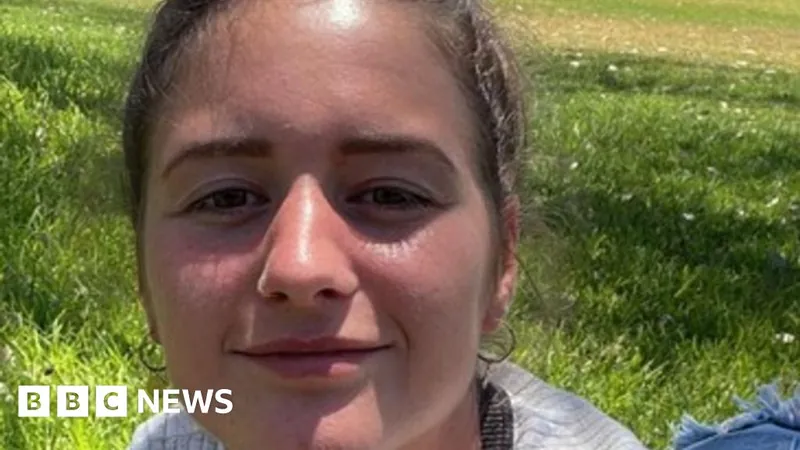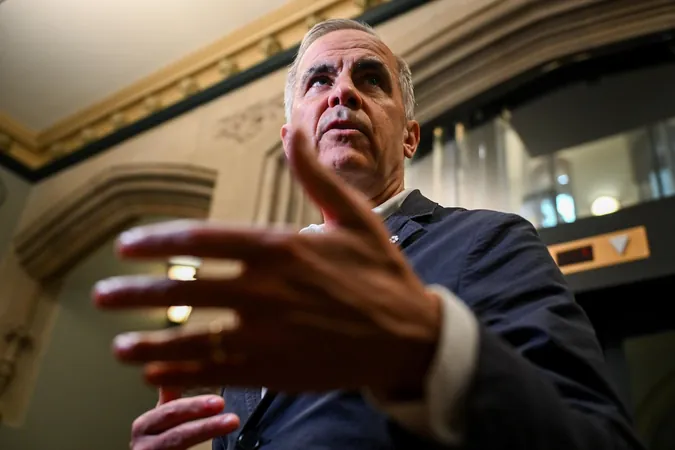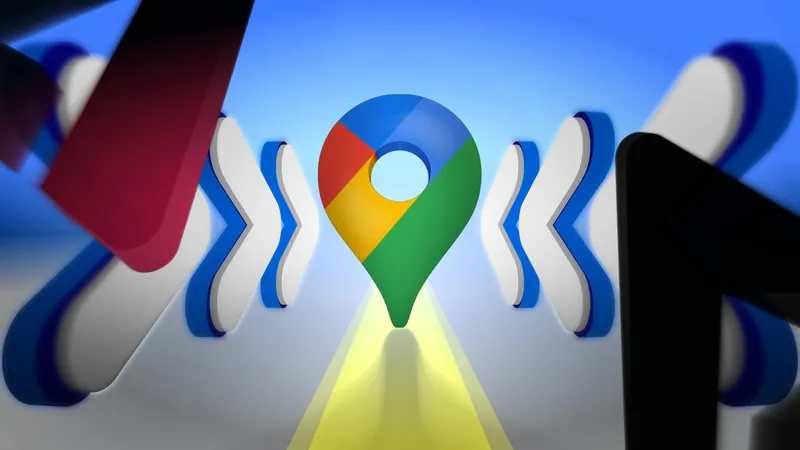
ChatGPT's Stunning Spacecraft Navigation Skills Revealed in Groundbreaking Tests
2025-07-01
Author: William
ChatGPT Shines in Spacecraft Simulation Challenge!
In a groundbreaking experiment, researchers tested ChatGPT's ability to pilot a spacecraft, and the results were nothing short of astonishing. Starting with a straightforward prompt to act as an autonomous agent, ChatGPT excelled, securing an impressive second place in an autonomous spacecraft simulation competition.
The Need for Autonomous Systems in Space Exploration
As ambitions for space exploration grow, the demand for autonomous systems in satellite control and spacecraft navigation has become critical. With the increasing number of satellites, relying solely on humans for control is no longer feasible. Additionally, for missions beyond our immediate vicinity, the limitations posed by the speed of light hinder real-time control. Thus, it's essential to empower robots to make autonomous decisions.
A New Playground for Innovation: The Kerbal Space Program Differential Game Challenge
To foster advancements in this field, researchers established the Kerbal Space Program Differential Game Challenge—an innovative platform based on the popular video game. This challenge allows participants to design and test autonomous systems in various competitive scenarios, including intercepting satellites and evading detection, creating a realistic testing ground.
Why Researchers Chose a Large Language Model Like ChatGPT
In a forthcoming paper in the Journal of Advances in Space Research, researchers introduced their contender—ChatGPT, a state-of-the-art large language model (LLM). Traditional methods of developing autonomous systems involve lengthy cycles of training and refinement, which can be impractical for the short missions typical in the Kerbal challenges. LLMs, pre-trained on vast databases of human language, require only minimal adjustments to effectively grasp and respond to the intricacies of the tasks at hand.
Decoding Spacecraft Navigation with AI
So, how did researchers make ChatGPT pilot a spacecraft? They ingeniously translated the spacecraft's status and objectives into text prompts, allowing the LLM to suggest maneuvers. To bridge the gap between ChatGPT's recommendations and actual vehicle operations, the team created a translation layer to convert text outputs into functional programming code.
A Remarkable Achievement in Space Autonomy
After thorough testing, the researchers successfully guided ChatGPT through many challenges, culminating in a commendable second-place finish. A model rooted in different equations clinched the top spot, underscoring the competitive nature of this exciting domain.
The implications of this research are monumental. As we seek to unveil the mysteries of the cosmos, leveraging AI like ChatGPT could redefine our approach to space travel, turning science fiction into reality and expanding our reach across the universe!









 Brasil (PT)
Brasil (PT)
 Canada (EN)
Canada (EN)
 Chile (ES)
Chile (ES)
 Česko (CS)
Česko (CS)
 대한민국 (KO)
대한민국 (KO)
 España (ES)
España (ES)
 France (FR)
France (FR)
 Hong Kong (EN)
Hong Kong (EN)
 Italia (IT)
Italia (IT)
 日本 (JA)
日本 (JA)
 Magyarország (HU)
Magyarország (HU)
 Norge (NO)
Norge (NO)
 Polska (PL)
Polska (PL)
 Schweiz (DE)
Schweiz (DE)
 Singapore (EN)
Singapore (EN)
 Sverige (SV)
Sverige (SV)
 Suomi (FI)
Suomi (FI)
 Türkiye (TR)
Türkiye (TR)
 الإمارات العربية المتحدة (AR)
الإمارات العربية المتحدة (AR)